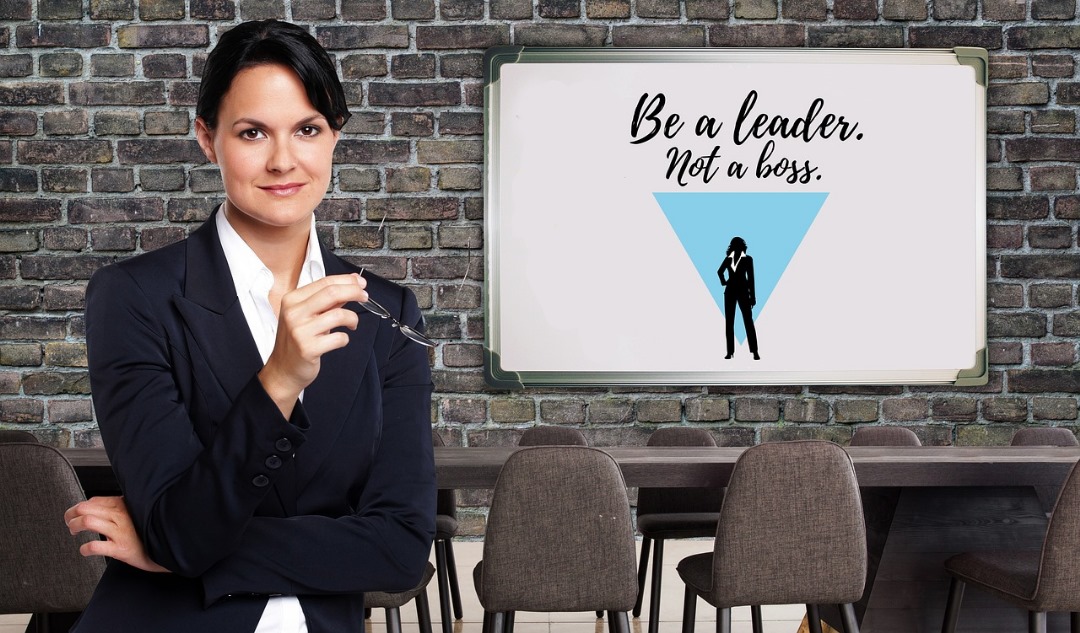Would there ever be a change to and in the way we treat or relate with ourselves? I have read and heard of how persons or a relative in power favour family members or people from his/her tribe. For example, the ethnic composition of the armed forces in the case of The Zaghawas is not reflective of the country’s power configuration as a whole. President Idriss Déby’s ethnic group, has dominated the army and key military posts ever since 1990 when they ousted Hissène Habré from power. The Togolese armed forces provide another example. Seventy-seven per cent of the military personnel come from the northern part of the country. Of these, 70 per cent are Kabyens, the same ethnic group as the President, including 42 per cent who come from the President’s native village of Pya. Yet, the Kabye ethnicity makes up just 10-12 per cent of the population of Togo (Ouedraogo, 2014).
‘We are all from the same country; This is our mother-land. Why?’
Ouedraogo goes on to affirm that recruiting predominantly within the military from the ethnicity of the president is an all too common practice in Africa. A case in point here is Nigeria in which her President, Muhammadu Buhari, has severally come under attack for sectionalism, and for ethnically discriminatory, pro-North and lopsided appointments to the nation’s various security agencies and extra ministerial offices.
After all, citizens would say, ‘we are all from the same country. This is our mother-land, why?’ When will we outgrow biases, stereotype, prejudices, discriminatory and stigmatised appointments? When shall we attain the level where appointments are not tainted by colour, ethnicity, nationality, cultural background, age, religion, race or gender divides.
Differential treatment arising from colour, race, religion …
George Floyd was a 46-year-old black man, who was killed by a white police officer in Minneapolis, who kneeled on his neck despite his pleas of not being able to breathe. The three officers on site, stayed on seemingly unbothered.
(thecourieronline, May 31 2020)
The death of George Floyd could be said to be an offshoot of ‘differential treatment’ arising from a legacy of systemic racism, injustices, extreme inequality and continued enslavement of the colour, black. Attaining equity and diversity – accepting the differences, recognising the different needs and acting just and fairly – has therefore become a priority agenda for organisations in a bid to harness the benefits of a diverse workforce arising from different experiences, skills and talents.
In the world today, there’s so much big talk about E.F.D.I (equity, fairness, diversity and inclusion). Efforts and more efforts are daily made in countries and within organisations for its attainment. The problems, however, seem easy to detect but the long-lasting solution and required change, seem to elude efforts made. But taking continuous swings at the glass of E.F.D.I through continuous enlightenment, awareness, media influence and education, will one day shatter it.


